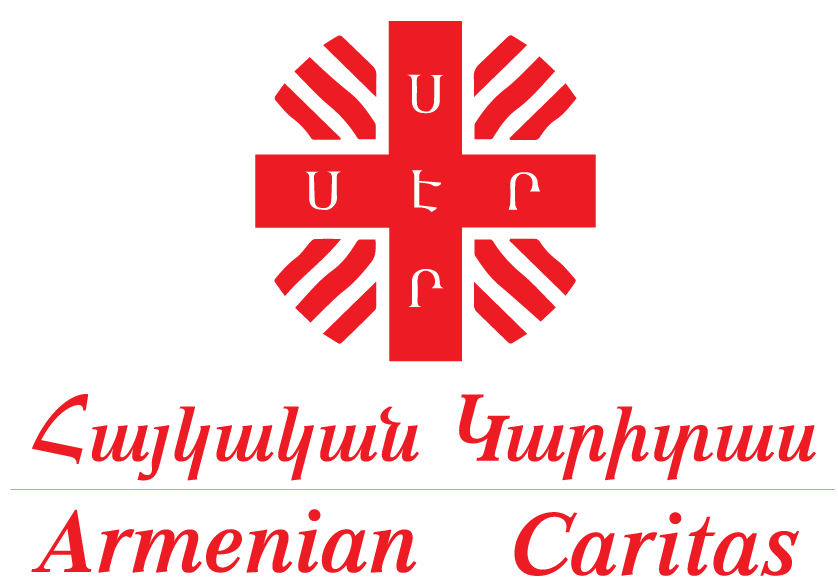The Project is part of the EU Action EU4Energy Efficiency and Environment and of the “Management of natural resources and safeguarding of ecosystem services for sustainable rural development in the South Caucasus” (ECOserve) programme, which is commissioned by the German Federal Ministry for Economic Cooperation and Development (BMZ) and implemented by Deutsche Gesellschaft für Internationale Zusammenarbeit (GIZ) GmbH.
Project objective: Communities and households have better access to energy efficiency and sustainable energy solutions, thereby contributing to the improved energy security of the rural population and the conservation of natural resources.
The project contributes to the overall objective of the EU Action, which is to improve energy efficiency and enhance environmental protection and resilience.
Duration: January 2023 – November 2024 (22 months)
Budget: € 2.803.990
EU Contribution: € 2.699.336
Implementing partner: GIZ
Partner Ministries
- RA Ministry of Territorial Administration and Infrastructure
- RA Ministry of Environment
- RA Ministry of Economy
Target areas and beneficiaries
The project will mainly focus on energy-poor communities in five marzes of Armenia: Lori, Tavush, Shirak, Gegharkunik, and Syunik. The local communities and people will benefit from the project results. The project will mainly target low-income vulnerable households and public/community buildings like kindergartens, health stations, cultural and sports centers, botanical gardens, local museums, etc.
Project outputs
Output 1: Small-scale energy efficiency (EE) and renewable energy (RE) for low-income rural or urban households and settlements are promoted through cost-sharing, awareness-raising and capacity-building.
Output 2: Investments in EE and RE demonstration pilots with high impact on a large proportion of the local population in predominantly energy-poor communities are supported.
Indicative targets
- About 600 households supported with small-scale EE solutions
- About 80 public/community buildings supported with small-scale RE and EE solutions
- About 18 public/community buildings supported with larger-scale RE and EE solutions
Expected outcomes
- The use of locally produced energy-efficient stoves based on solid biomass fuel is promoted in vulnerable, low-income households.
- Local craftsmen, producers, or relevant organizations are trained in the production and marketing of energy-efficient heating devices that are based on solid biomass.
- Demonstration pilots are implemented in selected households, including a pilot for (partial) thermal insulation and possibly other innovative measures based on initial feasibility studies and assessments.
- Small-scale RE (PV installation of up to 5 KW, solar water heaters) and/or basic EE measures in small public/community buildings are promoted.
- Larger scale RE (PV installations of about 20-25 KW or larger) and EE measures are supported in public/community buildings with high impact on a large proportion of the local population, for example, more than 50 beneficiaries per building.
- Exchange of best practices and awareness-raising on EE and RE are supported among local communities, between the marzes and country-wide.
- The possibilities of agricultural production of alternative biomass and promoting alternative biomass fuel are explored.
The project will be implemented in close partnership with local and regional administration bodies in the target marzes, Armenian Renewable Resources and Energy Efficiency Fund (R2E2), local and national NGOs and CSOs, and other relevant partners.
Project manager: Lilia Hambardzumyan
